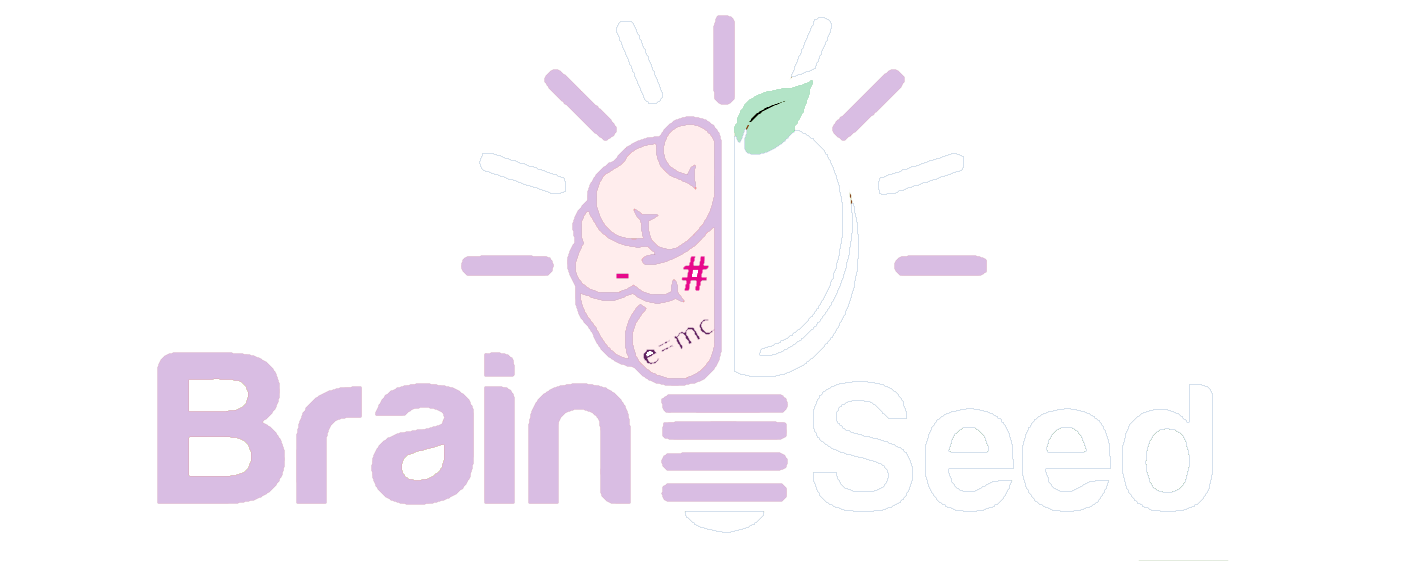The role of drama in promoting intergenerational dialogue and understanding in Hong Kong families
The connection between generations in Hong Kong families can be complicated, affected by social, cultural, and financial variables. The younger generations are often viewed as more individualistic, while the older generations are considered more family-oriented. These differences can lead to misunderstandings and conflicts, making intergenerational exchange and understanding essential. In this article, we will explore the role of drama in promoting intergenerational exchange and understanding in Hong Kong families.
Overcoming Barriers through Storytelling
One of the most powerful tools that drama provides is storytelling. By creating stories that reflect the experiences and perspectives of different generations, drama can bridge the gap between them, breaking down barriers and building empathy. Through storytelling, drama can encourage individuals to see the world from different points of view, facilitating understanding and exchange. It can also create a sense of shared experience, fostering a deeper sense of connection between generations.
Encouraging Empathy and Understanding
Drama can also promote empathy and understanding between generations by creating complex characters with diverse perspectives and experiences. By depicting characters who challenge common stereotypes and assumptions, drama can help individuals understand the complexities of intergenerational relationships. Through these characters, drama can also highlight the shared experiences and struggles that unite generations, creating a sense of commonality and empathy.
Facilitating Discourse and Conversation
Drama can provide a platform for intergenerational discourse and conversation. By presenting issues and conflicts that reflect the realities of Hong Kong families, drama can create a safe and productive space for individuals to engage with one another. Through post-performance discussions and workshops, drama can facilitate deeper conversations about the challenges and opportunities of intergenerational relationships. It can also encourage individuals to reflect on their own experiences and perspectives, fostering deeper self-awareness and empathy.
Promoting Social Change
Finally, drama can promote social change by highlighting the need for greater intergenerational understanding and dialogue. By presenting stories that challenge traditional roles and assumptions, drama can encourage individuals to question their assumptions and attitudes towards intergenerational relationships. It can also raise awareness of the challenges facing Hong Kong families and advocate for solutions and programs that promote intergenerational exchange and understanding.
Conclusion
In conclusion, drama can play a critical role in promoting intergenerational exchange and understanding in Hong Kong families. By using storytelling to break down barriers, encouraging empathy and understanding through complex characters, facilitating discourse and conversation, and promoting social change, drama can help create a more cohesive and connected society. As Hong Kong continues to face the challenges of a rapidly changing world, drama can be a valuable tool for bringing generations together and fostering greater understanding and empathy.
Are you looking for a fresh and exciting way to engage your school’s drama program or your child’s creativity? Try YouTube drama! It’s a fun and modern way for students to create and perform in their own videos. YouTube drama is flexible, convenient, and can even reach a wider audience. Plus, it teaches valuable skills like video production, editing, and storytelling. Click here to learn more about how YouTube drama can benefit your school’s drama program.







